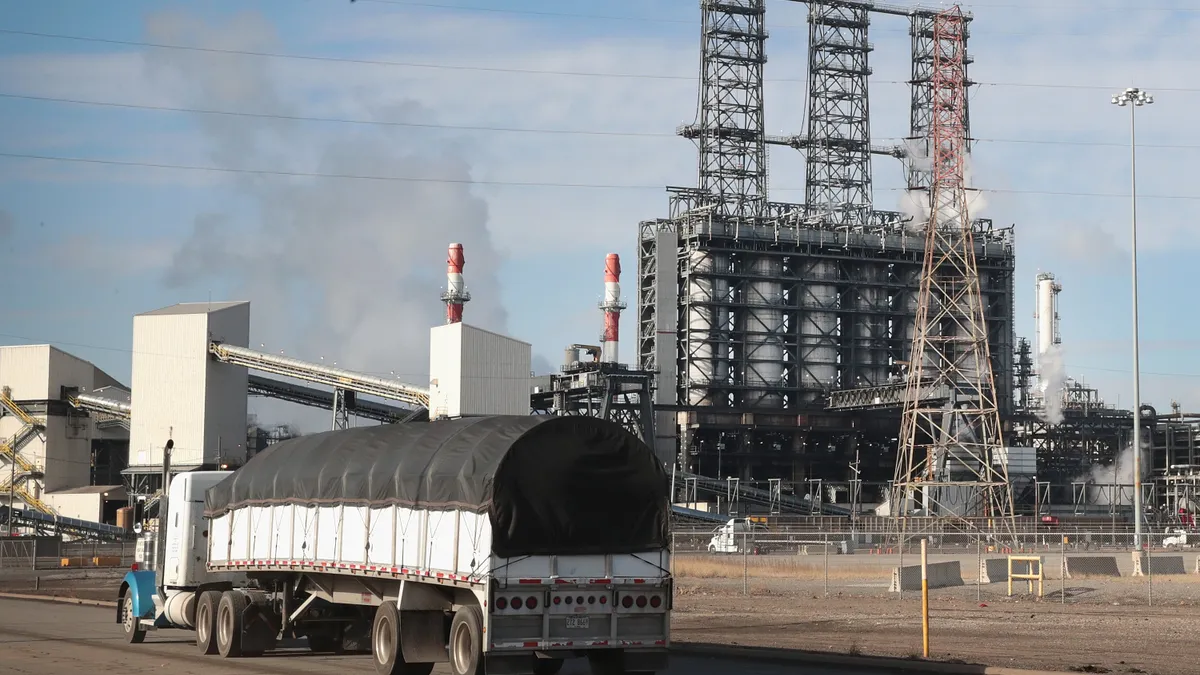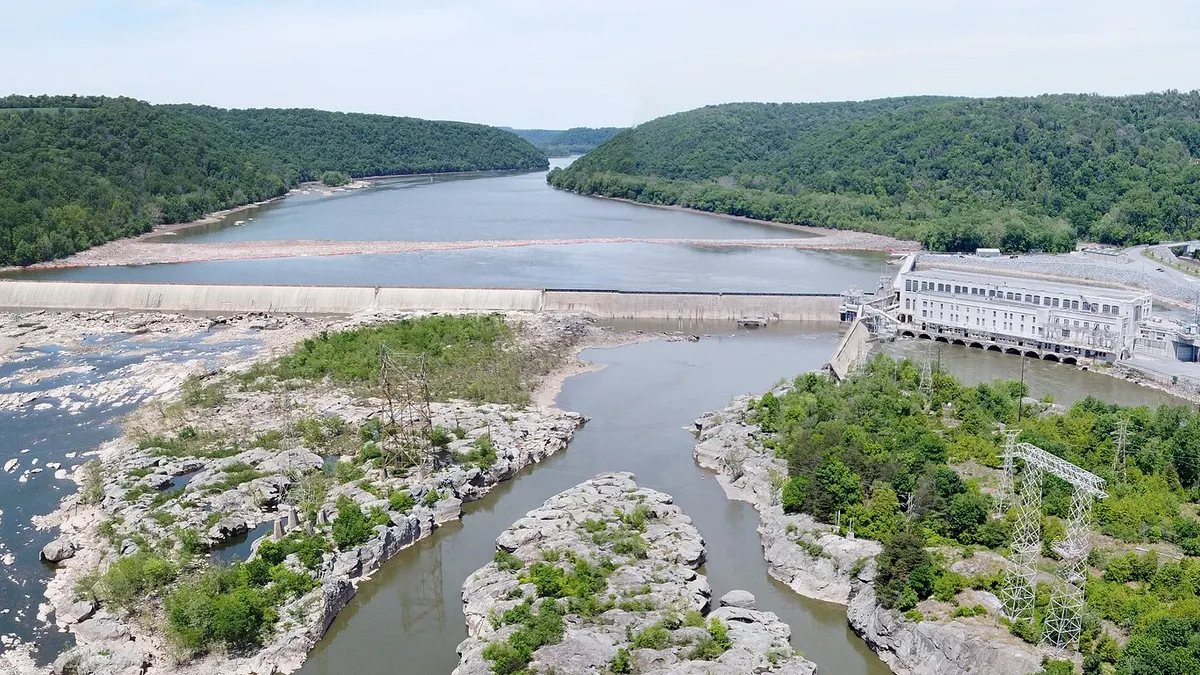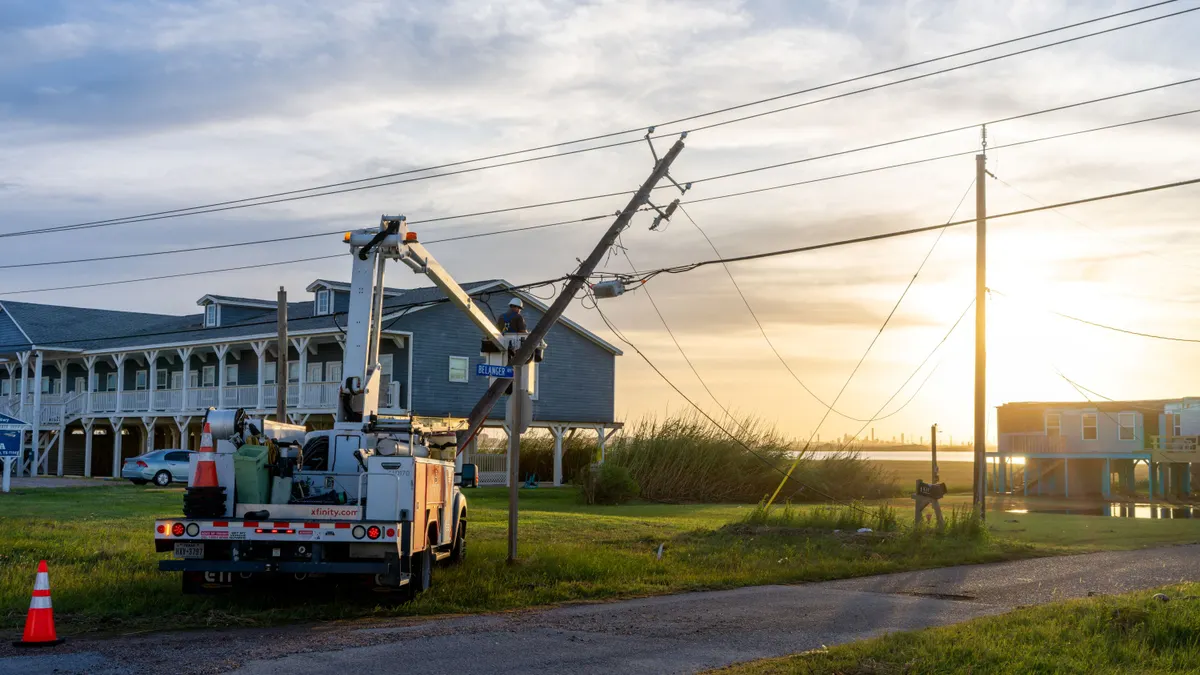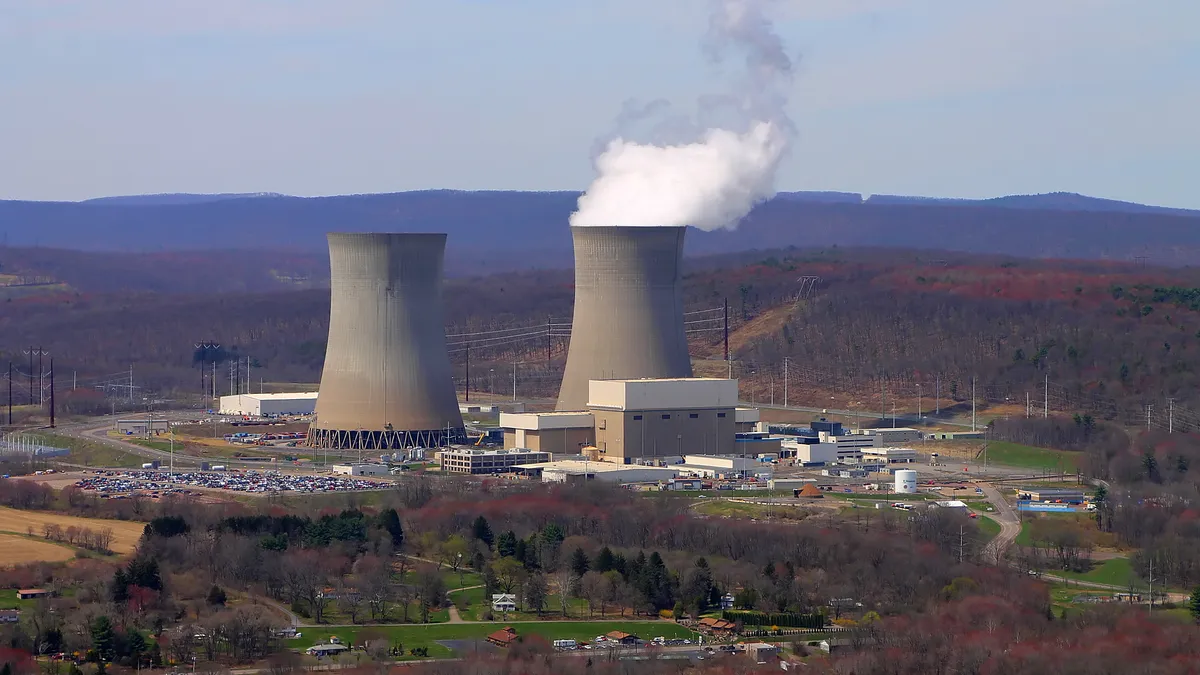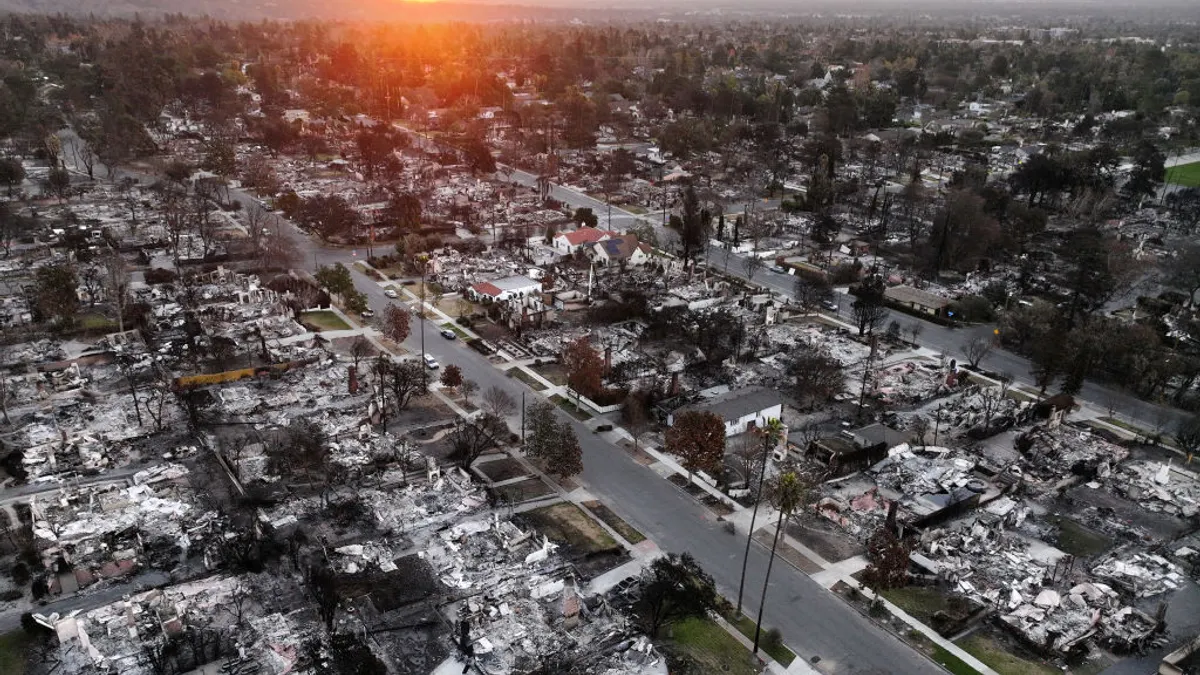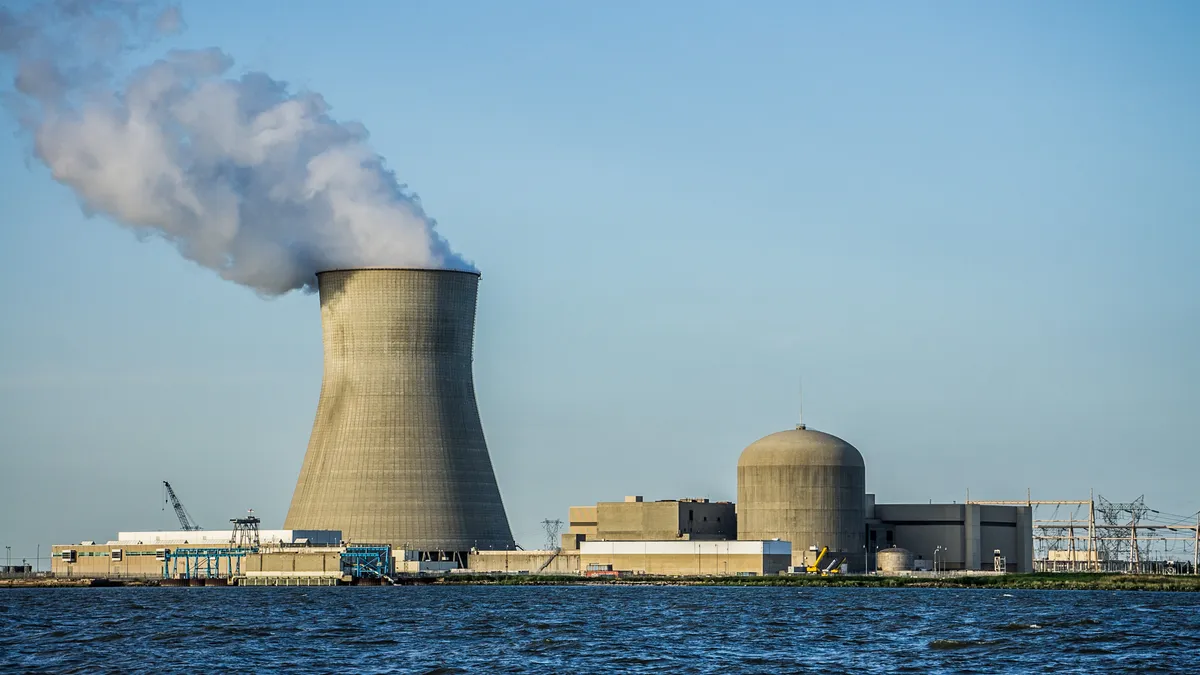The world’s 60 largest private banks have spent more than $6.9 trillion on fossil fuel financing since the Paris Climate Accords were signed in 2016, according to the 15th edition of the Rainforest Action Network’s Banking on Climate Chaos report released Monday.
That total includes $705 billion in fossil fuel financing last year, with U.S. based banks accounting for 30% of that financing. The report’s findings show that “major banks squandered yet another year to take decisive and ambitious action,” Adele Shraiman, a co-author of the report and a senior strategist for the Sierra Club’s Fossil-Free Finance campaign.
“As the crisis worsens, big U.S. banks have stalled on making meaningful progress toward their own net-zero commitments by failing to set sufficient near-term emissions reduction targets and lay out credible plans for restricting financing for polluting companies,” Shraiman said in a press release.
The latest edition of the report, compiled by a coalition of climate organizations, changed its methodology to account for all banks who made financial contributions to a deal. Previously, the data was based on Bloomberg’s league credit accounting system, which only credited the banks in leading roles on a deal. April Merleaux, another co-author and RAN’s research and policy manager, said in a release that the new methodology revealed “previously unreported details” on banks’ fossil fuel support.
“Banks that profit from climate chaos invent new greenwash every year, but we have the receipts that show how much money they put into fossil fuels,” Merleaux said. “And bank financing for fossil fuels is not declining nearly fast enough.
The six largest U.S. banks — JPMorgan, Bank of America, Citi, Wells Fargo, Goldman Sachs and Morgan Stanley — account for more than $1.8 trillion in fossil fuel financing from 2016 to 2023, or more than a quarter of the global total.
After being overtaken by Royal Bank of Canada in 2022, JPMorgan Chase was again the top fossil fuel financier in 2023. JPMorgan spent $40.8 billion on fossil fuel financing last year, as it also watered down its climate commitments from focusing on reducing financed emissions to changing its measurement to an “energy mix” target.
In aggregate, JPMorgan is the leading fossil fuel financier since 2016, with more than $430.9 billion tallied since the Paris Agreement. Citi and Bank of America round out the top three, having spent $396.3 billion and $331.2 billion, respectively. JPMorgan and Citi announced earlier this year they would disclose the ratio of fossil fuel to clean energies financed, reaching an agreement with the New York City comptroller’s office on a shareholder proposal ahead of their annual meetings.
The report found that, despite banks’ long-term commitment to reaching net zero, few have looked to reach that pathway by strengthening exclusions. The report found that just nine of the 60 banks strengthened fossil fuel exclusion policies last year. However, the report said that many of the banks’ with targets have policy gaps, as they have “a target without a credible pathway to implementation.”
“The widest policy gap is the one between net-zero-by-2050 targets, and the banks’ current fossil fuel finance decisions, which do not reflect the urgent need to stop fossil fuel expansion,” the report said.
More than half of the fossil fuel financing in 2023 was spent funding fossil fuel expansion, with banks commissioning $347 billion in expansion funding last year. Ultimately, the funding still represented a decrease in expansion funding from 2022, when banks spent $385 billion.
Financing also decreased for coal-fired power, gas-fired power and tar sands last year, as well as funding for oil from fracking, obtained through ultra-deepwater methods, from the Arctic and from the Amazon. However, funding for liquefied natural gas, coal mining and metallurgical coal increased last year.
“The science is clear: to tackle today's climate crisis we must hold Big Oil accountable for its role in the climate crisis,” Rep. Ro Khanna, D-Calif., said in a release. “Unfortunately, this report shows that banks are continuing to finance projects that will increase emissions, despite their public climate commitments.”



